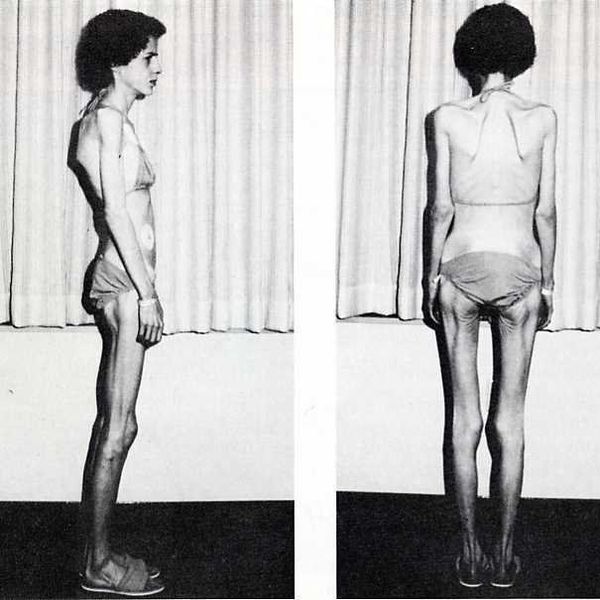Not all healthy problems can be seen with the naked eye. Eating disorders aren’t always easy to spot, especially if the person suffering is quick to hide the effects. The best way to combat diseases of an invisible nature is through conversation and awareness. For National Eating Disorder Awareness Week between Feb. 26 to Mar. 4, this is one of the main goals.
This annual campaign looks to bring public attention to the critical needs of people who have eating disorders and their families. These diseases have the highest mortality rate of any mental disorder. Some people might associate eating disorders solely with women. However, people of any age, gender, ethnicity, sexuality, socioeconomic status, or background can be affected. In fact, an estimated 30 million Americans will struggle with some form of an eating disorder at some point in their lives.
This year’s theme is “It’s time to talk about it”. Eating disorders can hide in plain sight, and therefore can go undiagnosed until serious health issues or mortality is knocking. Talking about these issues, putting them out in the open, allows the stigmas to be shattered and awareness to rise.
In order to create the most awareness, understanding what eating disorders are and some of the warning signs is an important place to start. There are three major types of eating disorders: bulimia nervosa, binge eating and anorexia nervosa. These, however, aren’t the only ones, but simply the defined ones. These other eating disorders are described as Eating Disorder Not Otherwise Specified.
Bulimia nervosa involves frequent episodes of consuming large quantities of food followed by behaviors to prevent weight gain. An example of this behavior is self-induced vomiting. During the binge eating episodes, suffers of this disease often feel completely out of control. Ideas of self-esteem are at the core of this disease. A person with bulimia has a self-esteem overly concerned with body image.
Binge eating is similar to bulimia but differs in the weight gain preventing behaviors. This disorder involves frequent episodes of consuming large quantities of food. Unlike bulimia nervosa, people with this disease don’t take preventive measures for weight gain, like self-induced vomiting. People often feel out of control during binge eating episodes as well. Strong feelings of shame and guilt also come with the episodes of binge eating. There are some indications that the binge eating has gone out of control. These include eating when not hungry, eating to the point of discomfort and eating alone due to the shame about the behavior.
Anorexia nervosa is the opposite of the last two disorders in the way that it involves the inadequate intake of food rather than large amounts of food. People with this disorder have an extreme fear of weight gain. There is an obsession with weight, and every measure to prevent weight is taken. The inadequate intake of food often leads to a weight that in clearly too low and could cause other health issues if taken too far. People with anorexia also deal with a self-esteem overly influence by body image. This disorder also involves the inability to appreciate the severity of the situation. This makes it hard for other to step in and help, especially if the individual suffering does not accept there is a problem.
A generalized similarity among all these disorders is the extreme emotions, attitudes and behaviors. Eating disorders are serious emotional and physical problems that can have life-threatening consequences. These disorders typically don’t occur in a vacuum. Eating disorders are complex illnesses usually with close connections to other problems like substance abuse, trauma, obesity and other mental conditions, such as depression, anxiety and obsessive-compulsive disorder (OCD). Withdrawal from social activities and food rituals are among some of the many simple warning signs of eating disorder. However, as simple as they might sound, these indicators are not always easy to catch.
If you want to learn more about eating disorders or National Eating Disorders Awareness Week, visit http://nedawareness.org/ or http://www.nationaleatingdisorders.org. It’s time to talk about it.
























